24 Hours of Le Mans - Garage 56 group completes test at Sebring
The Hendrick Motorsports-built Garage 56 Chevrolet Camaro ZL1 went through its paces just before the Christmas holiday during a two-day test at Sebring International Raceway in Florida.
The 17-turn road course marked the third test for the Hendrick Motorsports-built Garage 56 Chevrolet Camaro ZL1 test car. At the beginning of December, the car logged laps at Carolina Motorsports Park in Kershaw, South Carolina. In November, the car hit the track at Virginia International Raceway for two days of tests.
Sports car veteran Mike Rockenfeller and seven-time NASCAR Cup Series champion Jimmie Johnson traded off behind the wheel at Sebring. Rockenfeller piloted the car for the test at VIR and was part of the winning team of the 2010 24 Hours of Le Mans. Johnson, whose 83 Cup Series wins and seven championships all came at Hendrick Motorsports, shook it down at Carolina Motorsports Park.
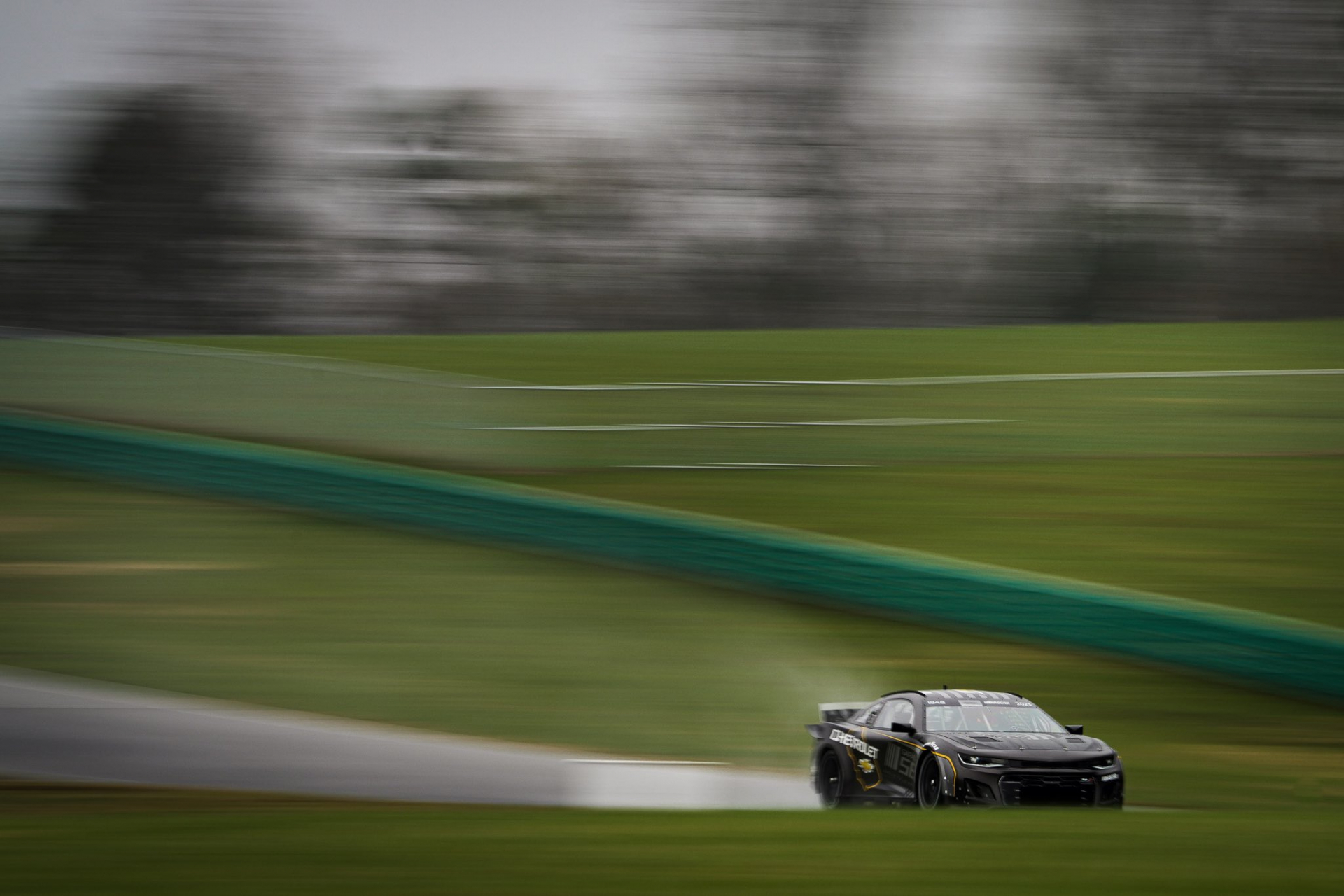
Sebring is best known for hosting the 12 Hours of Sebring, which is a 12-hour endurance race and a staple of the IMSA schedule. Elements of the track profile made it a great place to test as the Garage 56 entry gets further in its development.
"This place offers so many challenges," Chad Knaus, Hendrick Motorsports’ vice president of competition and Garage 56 program manager said. "The track content here is really rough. As you are trying to understand the complexities of taking a car to go race 24 hours in Le Mans, taking it to a track like this that is hot, it’s flat and it’s sight challenging.
"It’s got so much track content that you are going to put the car through the paces. You are definitely taking the bumps into consideration. At a track like Le Mans, you are worried about curb strikes and things of that nature."
During the first day of the test, carbon brakes were implemented and this was the first time for the vehicle on those brakes. The drivers indicated that the brakes were a positive improvement. Different Goodyear tire options were evaluated throughout the day to find a good balance between lap-time performance and longevity.
At day’s end, the team changed to a second transmission that had a spool differential in it for use on the second day. Typically, when going around a corner, the wheel on the outside of the corner has to turn faster than the wheel on the inside of the corner. With a spool differential, the wheels were locked together. The car doesn’t want to get around a corner since the inside and outside wheels can’t turn at different speeds
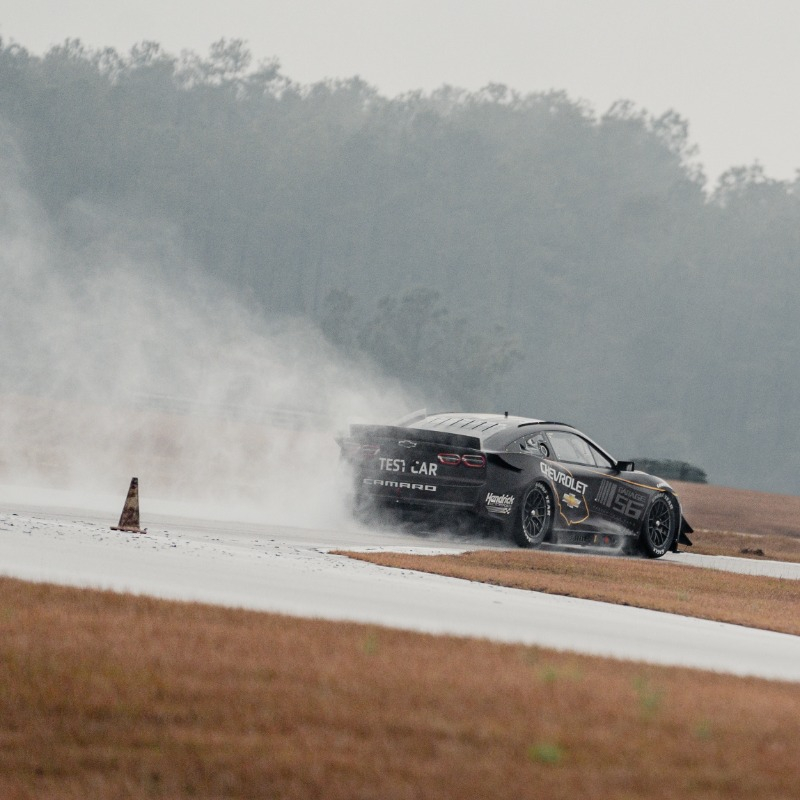
The second day of the test saw the group work through some balance adjustments ahead of the durability run with a target of six hours as Johnson and Rockenfeller traded off behind the wheel. During the durability portion, rain began to fall and that quickly turned into heavy precipitation.
The team put on "intermediate" tires but afterwards, Rockenfeller informed the team that he was getting a lot of wheel spin and hydroplaning due to the volume of rain. As a result, the car was brought in for the day with half the planned durability run completed. In previous tests when wet weather arrived, the team utilized Goodyear’s "monsoon," or full "wet" tire option intended for heavy precipitation, but those were unavailable for this test. In testing, the group has confirmed that the "intermediate" tires aren’t able to supply the same level of grip as the "monsoon" option in extreme wet conditions.
The test was not without its electrical gremlins. An engine wiring issue towards the end of the first day caused a stoppage for about an hour. On the second day, the starter failed, but with the team focused on long runs, the decision was made to push start the car for the remainder of the day.
Next on the docket for the group is a test at Daytona International Speedway at the end of January. The team will continue to build upon the work of previous tests with a goal of running up to 12 hours.


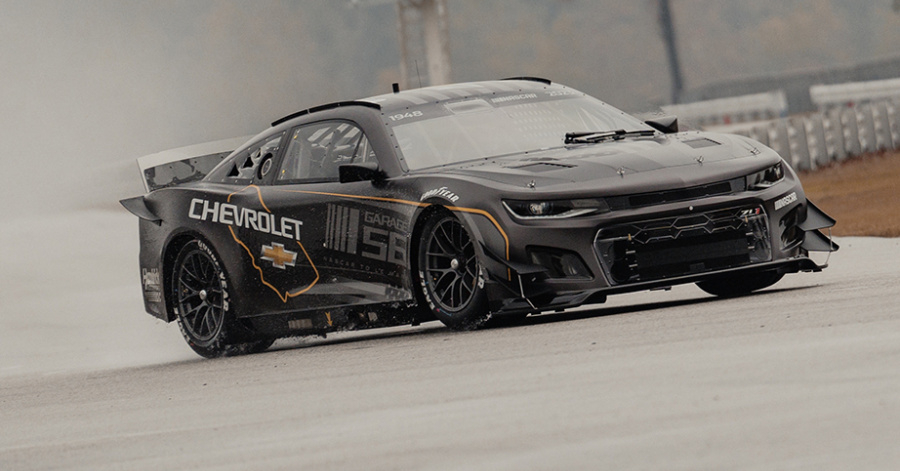
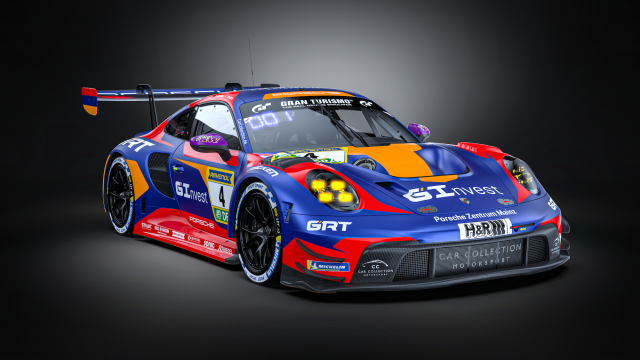
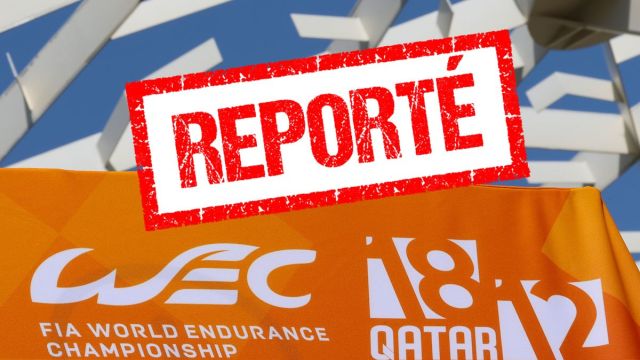
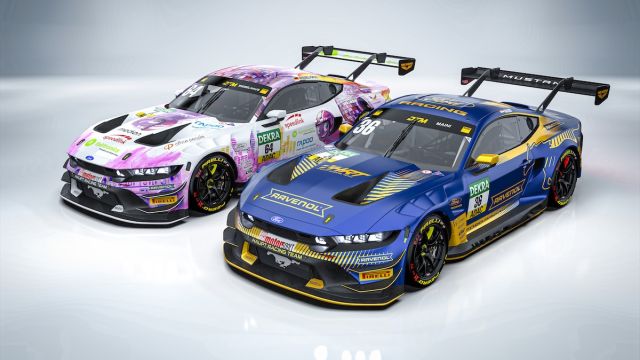
Comments
Log in to comment the article